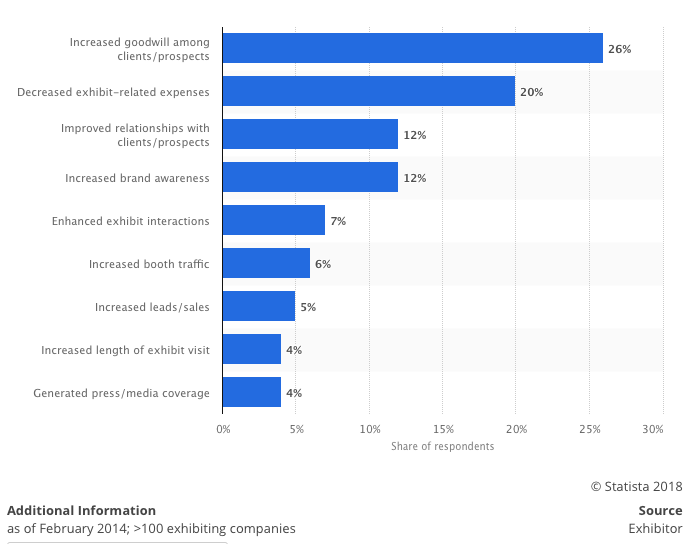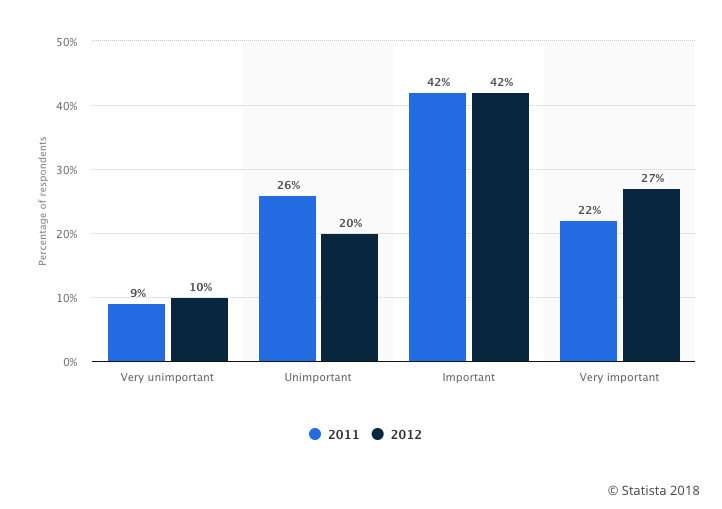Ethical workplace dilemmas: 3 ways modern work is changing our views
The modern workforce cares more about the workplace ethics than ever before.
In fact, a staggering 79 percent of employees state they would look for a new job if their organisation was involved in a corruption case. And it’s not just employees’ mindsets that are changing. Employers are taking note too, with 78 percent of businesses now offering ethical enterprise training as standard.
But just how are modern companies avoiding ethical workplace dilemmas? We take a look at three keys ways businesses are working to create a more inclusive modern workplace.

Ethical dilemma solution #1: Value purpose over pay
The modern worker seeks more than just a pay cheque, with 44 percent regarding ethically motivated work as more important than a high salary.
No generation values community-benefiting work as highly as millennials do. Recent research found that 62 percent of millennials want to work for a company that makes a positive impact. Further to this, 53 percent said they would work harder if they knew they were making a difference to others.
With millennials poised to make up the majority of the workforce by 2025, it’s never been more important to appeal to their values in order to attract the best talent and avoid ethical workplace dilemmas.
Popular ways businesses are working to have a positive social impact include:
- Getting B-corp certified: Certified B Corporations are leaders of a global movement to use business as a force for good.
- Introducing Payroll giving (PGA): PGA gives your employees the opportunity to donate a percentage of their pay cheque to charity. Employers also have the option to match their employees’ donations.
Ethical dilemma solution #2: Less waste, more impact
A 2014 Exhibitor survey found that an environmentally friendly workplace has a host of business benefits. These included an improved sense of goodwill among clients, increased brand awareness and even increased sales.

(More than a quarter of workers say increased goodwill is a major benefit of environmentally friendly workplaces.)
If you’re looking to implement more green initiatives in your business, here are a few to get you started.
Cycle to work schemes
The Department of Transport in Queensland, Australia has found that Cycling 10 km each way to work saves 1500 kg of greenhouse gas emissions each year.
To incentivise its workforce, the government introduced Cyclescheme, an employee benefit service that saves workers 25-39% on bike purchases. Employees pay nothing upfront and payments are taken from their salaries each month instead.
Carpooling schemes
Ride sharing or carpooling could be the answer to Britain’s transport pressures. By sharing a car on their daily commute, employees can help to cut air pollution and CO2 emissions.
Going paperless
Worldwide consumption of paper has risen by 400% in the past 40 years, with 35% of harvested trees used for paper manufacture.
By ditching the scanner, printer and shredder in favour of a cloud-based environment, companies will benefit from:
- Improved security: cloud-based platforms are now considered more secure than legacy system. While you still need to manage identity access and data governance, the underlying infrastructure is enterprise-grade quality.
- More effective collaboration: using tools such Sharepoint, Yammer, and Skype for Business aid accessibility and seamless collaboration.
- Increased efficiency: integrated cloud applications such as Power BI and Delve offer interactive on-screen experiences, reducing the need for wasteful printouts.
Remote work opportunities
The average UK worker wastes 60 – 80 minutes on their daily commute. Not only do remote working opportunities improve morale and boost productivity, but allowing your employees to work from home can also cut CO2 emissions and air pollution.
The cloud makes remote work simple. With a host of highly accessible cloud services that aid communication and collaboration, all employees need to work effectively at home is an internet connection.
Ethical dilemma solution #3: Embrace cross-cultural differences
In 2011, 42 percent of employees said diversity was one of the most important factors in their workplace.

But, while multinational companies are a sign of growth and progress, businesses still fail to evaluate cross-cultural differences.
Christopher McLaverty’s 2016 dissertation on workplace diversity found that most business leaders struggle to operate across different cultures due to contrasting rules and values. Examples include breaking verbal promises in China or failing to organise meetings around Saudi Arabian sleeping habits.
For smaller businesses operating in one country, diversity is still an important issue. Thanks to the evolving workplace ethics, inclusive offices are steadily on the rise.
Businesses are working to diversify and support cross-cultural workplaces, focusing on:
- Investing in diversity training
- Celebrating a host of holidays and celebrations
- Being sympathetic and understanding of cultural / religious traditions
- Relaxing dress codes
Ending ethical dilemmas in the workplace: shifting core values
Today’s employees place more value on workplace ethics than ever before. Thanks to this shift in values, the modern workplace is becoming a climate of sustainability, ethics and diversity. To stay relevant, competitive companies must modernise and embrace these changes, looking to new technology and ways of thinking to close the gap.
To find out how the right technology could help your company become more ethical, check out our modern workplace guide.

We’re here to help
If you want to achieve better outcomes for your business through a more intelligent use of technology, talk to us.
Contact us